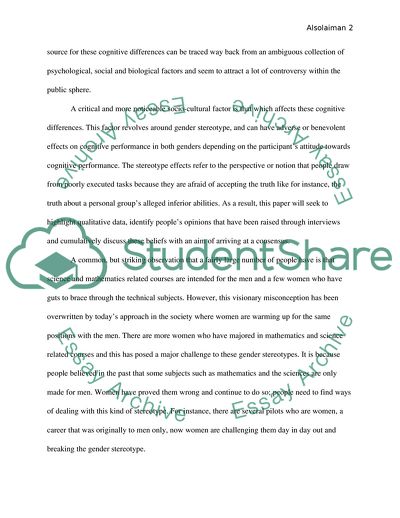Cite this document
(Gender Cognitive Skills and Stereotype Effect Term Paper, n.d.)
Gender Cognitive Skills and Stereotype Effect Term Paper. https://studentshare.org/gender-sexual-studies/1868755-position-paper-literature-review
Gender Cognitive Skills and Stereotype Effect Term Paper. https://studentshare.org/gender-sexual-studies/1868755-position-paper-literature-review
(Gender Cognitive Skills and Stereotype Effect Term Paper)
Gender Cognitive Skills and Stereotype Effect Term Paper. https://studentshare.org/gender-sexual-studies/1868755-position-paper-literature-review.
Gender Cognitive Skills and Stereotype Effect Term Paper. https://studentshare.org/gender-sexual-studies/1868755-position-paper-literature-review.
“Gender Cognitive Skills and Stereotype Effect Term Paper”. https://studentshare.org/gender-sexual-studies/1868755-position-paper-literature-review.


